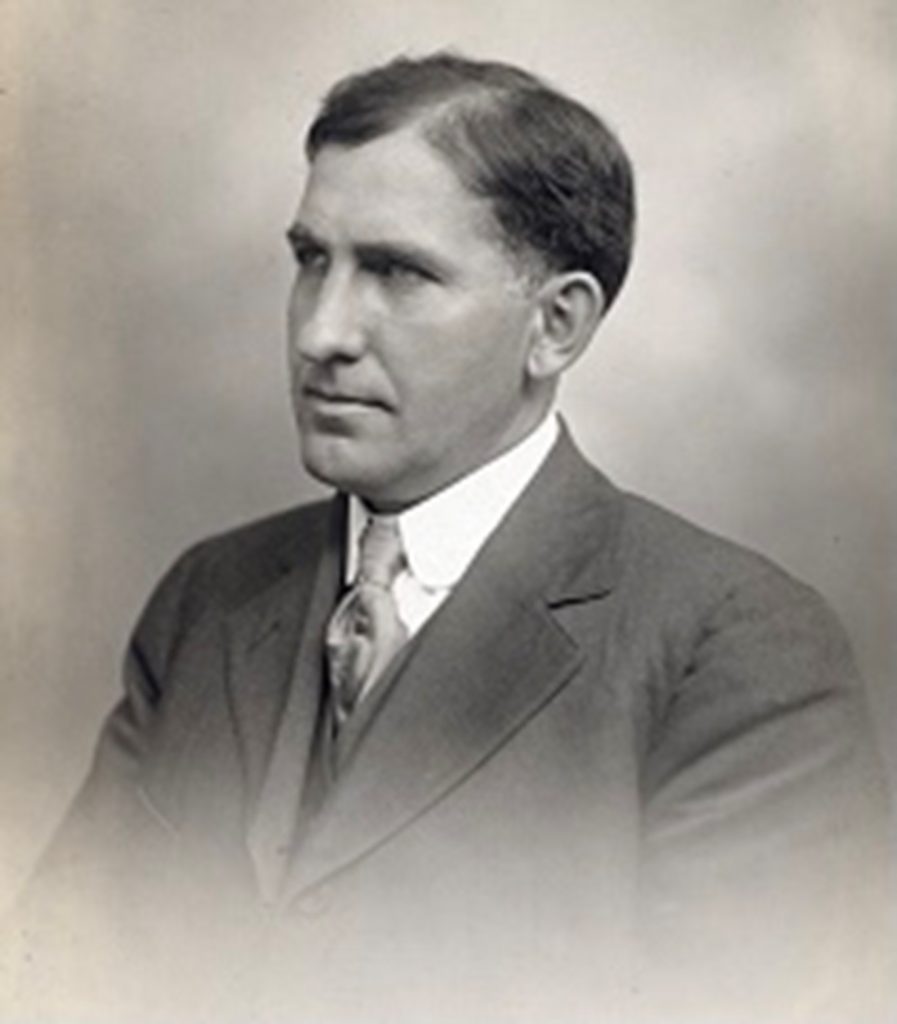Anton T. Boisen and Clinical Pastoral Education (CPE)

Pastoral education for American clergy changed dramatically during the 20th century. Theological seminaries had been shaped by Biblical scholars and liturgical traditions focused on scholarship. However, the most important changes in theological education were shaped by a man named Anton Theophilus Boisen (October 1876–1965).
Boisen was born in Indiana, he graduated and taught at Indiana University, he studied at Union Theological Seminary, he explored forestry at Yale University, was ordained as a Presbyterian pastor, and did rural church work in a midwestern Congregational Church. He referred to himself as a “Presbygationalist.” During his ministry, and World War I, Boisen suffered several psychotic episodes, and felt a religious calling to bring religion and medicine closer together. Eventually he became a hospital chaplain; and for a time he taught at Chicago Theological Seminary.
Mental illness, according to Boisen, represented “a crisis brought about by a failure to grow into higher social loyalties, including loyalty to God.” Mental illness was purposive, and it could be cured by the power of religion. “Crisis situations often create possibilities that involve religious “quickening.” “All true life is social life.” “It is life-together.” It is “being-with” and “being-for” the other.
In the1930s, Boisen joined with medical and theological leaders to form the “Council for the Clinical Training of Theological Students”–exposing students to extended relationships with people suffering illness and crisis, mainly in mental hospitals. He believed that some mental illnesses, such as schizophrenia, could be interpreted as one’s attempts to solve “problems of the soul”. Later, he argued that mental illness is a crisis brought about by the failure to grow into higher social loyalties, especially including loyalty to God.
Today, thousands of seminarians from diverse religious traditions have been shaped by Boisen’s views of pastoral care. Ministers and church leaders regularly insist that Clinical Pastoral Education (CPE) provides essential training to shape ordained ministry.
Contributor: Barbara Brown Zikmund
June 2021
Related News
Growing Weary
In December 1964 during a speech in Harlem, Fannie Lou Hamer declared: “And you can always...
Read MorePlanning for Earth Month: Resources for Congregations
April is Earth Month, and for congregations, it can be a great time to further discern how...
Read MoreBodily Autonomy Means Every-BODY
Advocacy and Action for Women's and Gender Justice Local events stir thoughts and...
Read More


